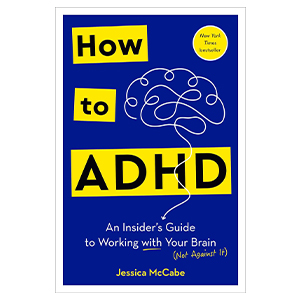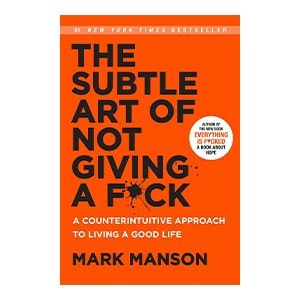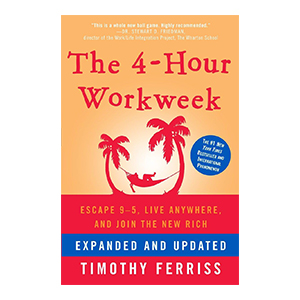Breaking Free from Rigid Budgets: A Neurodivergent Guide to Finances
Hey there! Tired of feeling like a failure because traditional budgeting methods just don't stick? You're not alone, and more importantly – you're not the problem. Those conventional budgeting systems were designed for neurotypical brains, but your unique mind needs a different approach. Let's explore how to work *with* your brain instead of against it.
Why Traditional Budgets Often Fail Us
Think about it – traditional budgeting is like trying to fit a square peg into a round hole. It demands consistent tracking, regular check-ins, and rigid category limits. For many of us with ADHD or attention challenges, these inflexible systems can feel like financial handcuffs rather than helpful tools.
Working With Your Brain, Not Against It
1. The "Money Bucket" System
Instead of juggling 15 different budget categories, create just three or four large "buckets" for your money. One for essential bills (rent, utilities), one for daily spending (food, transportation, fun), and one for future you (savings, investments). This reduces the mental load while still maintaining control.
For example, if you make $4,000 monthly, you might have:
- Essentials Bucket: $2,000
- Daily Life Bucket: $1,400
- Future You Bucket: $600
The beauty? You only need to track three numbers instead of twenty.
2. Automate Everything (But Leave Room for Chaos)
Your brain excels at creative problem-solving, not repetitive tasks. Set up automatic transfers for bills and savings, but here's the twist – build in a "chaos cushion." If your rent is $1,200, automate $1,300 to account for those times when life gets messy. The extra builds up as a natural buffer.
3. Visual Money Management
Our brains often respond better to visual cues than numbers. Try these alternatives:
- Use separate digital accounts that you name with emoji (🏠 for rent, 🍕 for fun money)
- Create a simple phone wallpaper showing your main account balances
- Use colored digital envelopes in your banking app for different spending zones
4. The "Money Time Block" Method
Instead of tracking every purchase, set aside specific times for money management. Pick your most alert time of day (maybe it's 10 AM on Saturdays) and make it your weekly money check-in. During this time:
- Review your bucket balances
- Move money if needed
- Pay any manual bills
- Celebrate your wins, no matter how small
5. Emergency Fund Revolution
Forget the "3-6 months of expenses" rule that can feel overwhelming. Start with a goal of just one month of your largest bill. Then build it up in "levels" like a video game:
- Level 1: Largest monthly bill covered
- Level 2: One month of essential bills
- Level 3: One month of total expenses
- Boss Level: Three months of expenses
6. The "Future Self" Visualization
Many of us struggle with long-term planning because the future feels abstract. Make it real:
- Write a letter to your future self about your financial goals
- Create a vision board of what financial freedom looks like for you
- Set up automated investments that align with your future vision
Embrace Your Neurodivergent Advantage
Here's what you've just learned: Traditional budgeting systems weren't designed for minds like ours, but that's okay because we can create better ones. You've discovered how to simplify money management, make it visual, automate the boring stuff, and work with your natural tendencies instead of fighting them.
Remember this: Your neurodivergent brain isn't a obstacle – it's your superpower in disguise. The same creativity and out-of-the-box thinking that makes rigid budgets challenging also gives you the unique ability to innovate and find better solutions. While others are stuck in traditional financial thinking, you have the power to revolutionize your money management in ways that actually work for you.
Your different way of thinking isn't just valid – it's valuable. By adapting these tools to fit your needs and continuing to innovate new solutions, you're not just solving your own financial challenges; you're pioneering new paths that could help others break free from ineffective traditional systems.
Take that first step today. Pick just one of these strategies and try it out. Your future self will thank you for starting this journey, and remember – you've got this!
TL;DR: Traditional budgets don't work well for ADHD brains. Instead:
- Use 3-4 broad "money buckets" vs many categories
- Automate bills/savings with built-in buffers
- Make money management visual (emojis, colors)
- Schedule regular "money time blocks" for financial tasks
- Build emergency funds in "game-like" levels
- Focus on future goals through visualization
The key message: Your ADHD brain isn't a financial handicap – it's an opportunity to create better money systems that actually work for you.












